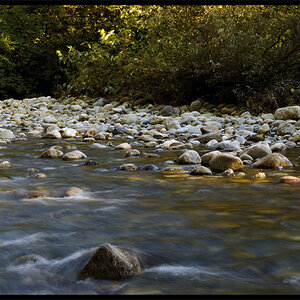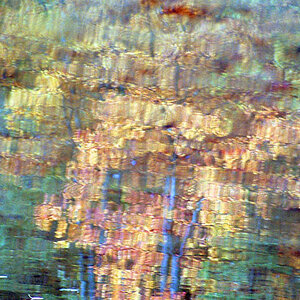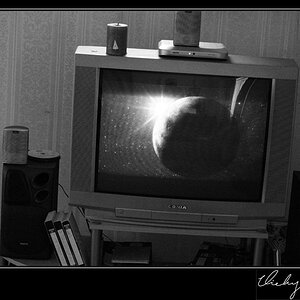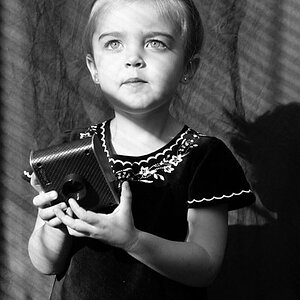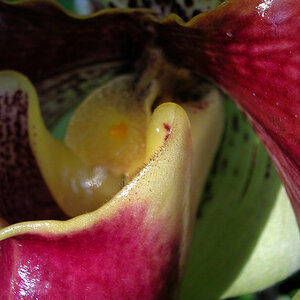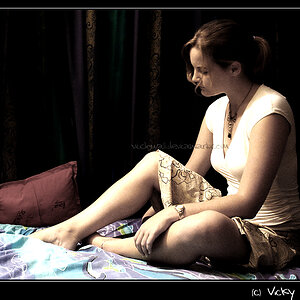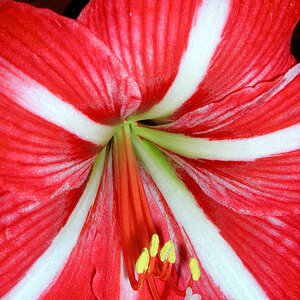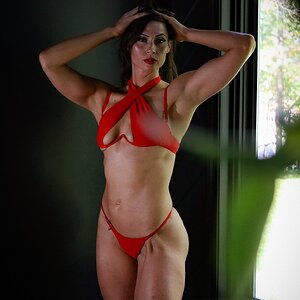mike11165
TPF Noob!
- Joined
- Aug 3, 2008
- Messages
- 26
- Reaction score
- 0
- Location
- dallas
- Can others edit my Photos
- Photos OK to edit
Im a beginner, but I dont want to ask beginners for the questions I have so Im not on the beginner forum, sorry. I am about to go from simple portrait and family pictures to more complex outdoor/ low light level and sports shots. I want to buy a digital SLR camera and have many questions. I want to upgrade to this type of camera but dont want to buy more than I need (im looking at nikon d300 or canon EOS 30 D)... they both seem like more camera than I need, but yet dont want to feel an upgrade is needed in the next year or so as my skills advance. I have also been told to spend more money on the lens than the camera body because thats where the picture quality comes from.... is that true?
Help.. ideally lm looking for camera and lens in the 1000 combined range but can go higher if it makes sense for an amateur...thanks!
Help.. ideally lm looking for camera and lens in the 1000 combined range but can go higher if it makes sense for an amateur...thanks!



![[No title]](/data/xfmg/thumbnail/41/41900-d02b27da6248f10da25edf2413570222.jpg?1619739936)
